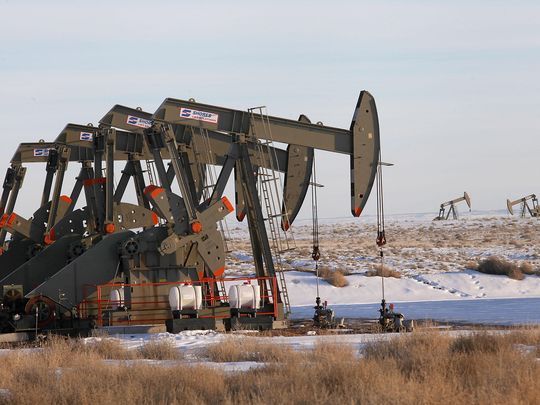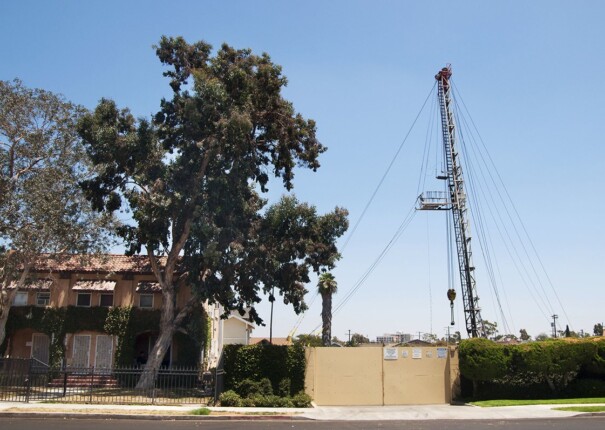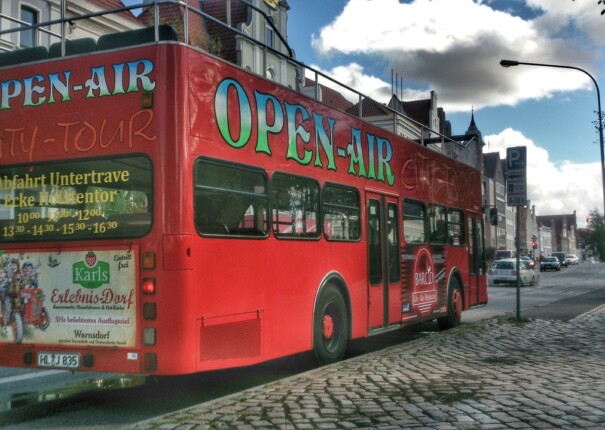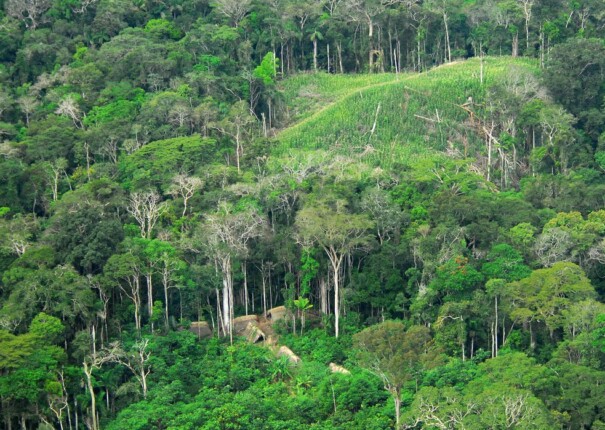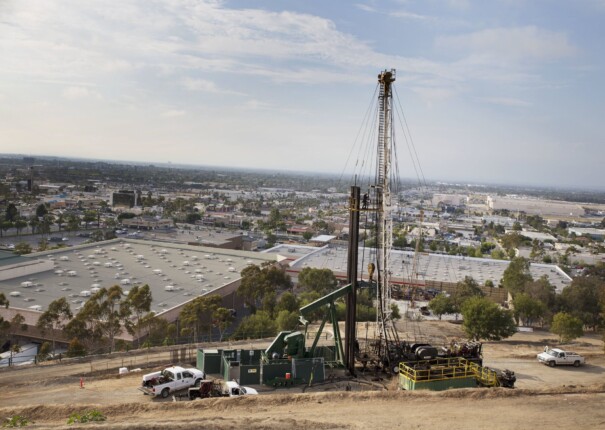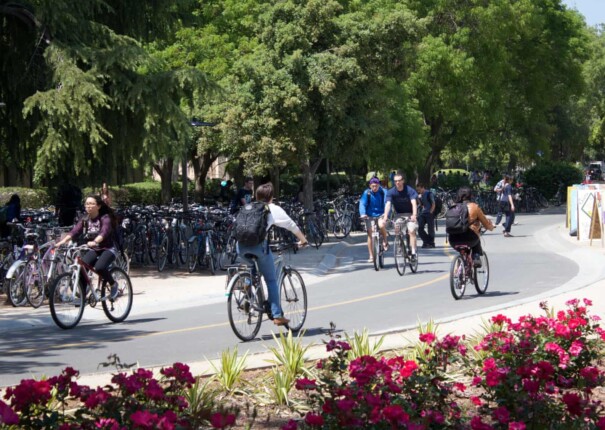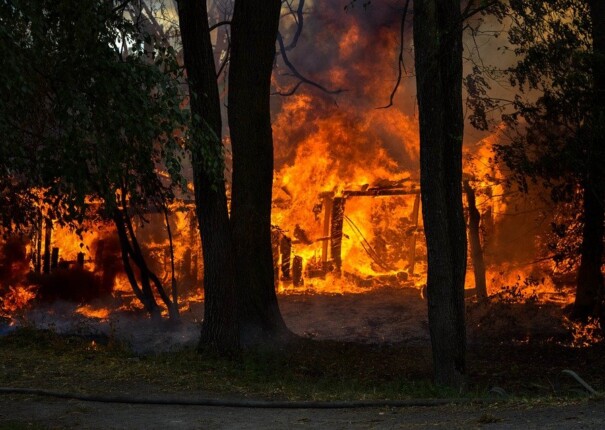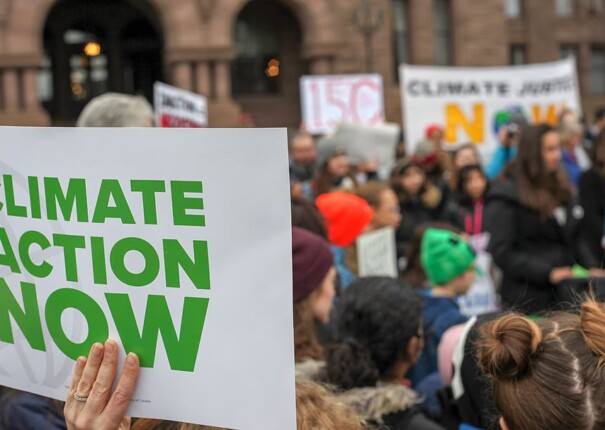‘We essentially cook ourselves’ if we don’t fix air conditioning, major UN report warns
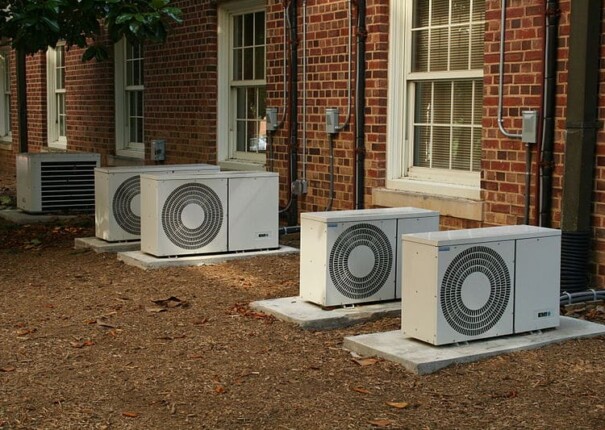
by Dharna Noor, Gizmodo Highlights A new report from the United Nations shows that 460 billion tons of greenhouse gas emissions could be avoided worldwide by switching to energy-efficient, climate-safe air conditioning There are 3.6 billion cooling appliances, including refrigerators, freezers, and air conditioning units in use around the globe Chlorofluorocarbons (CFCs), chemicals that were … Read more

